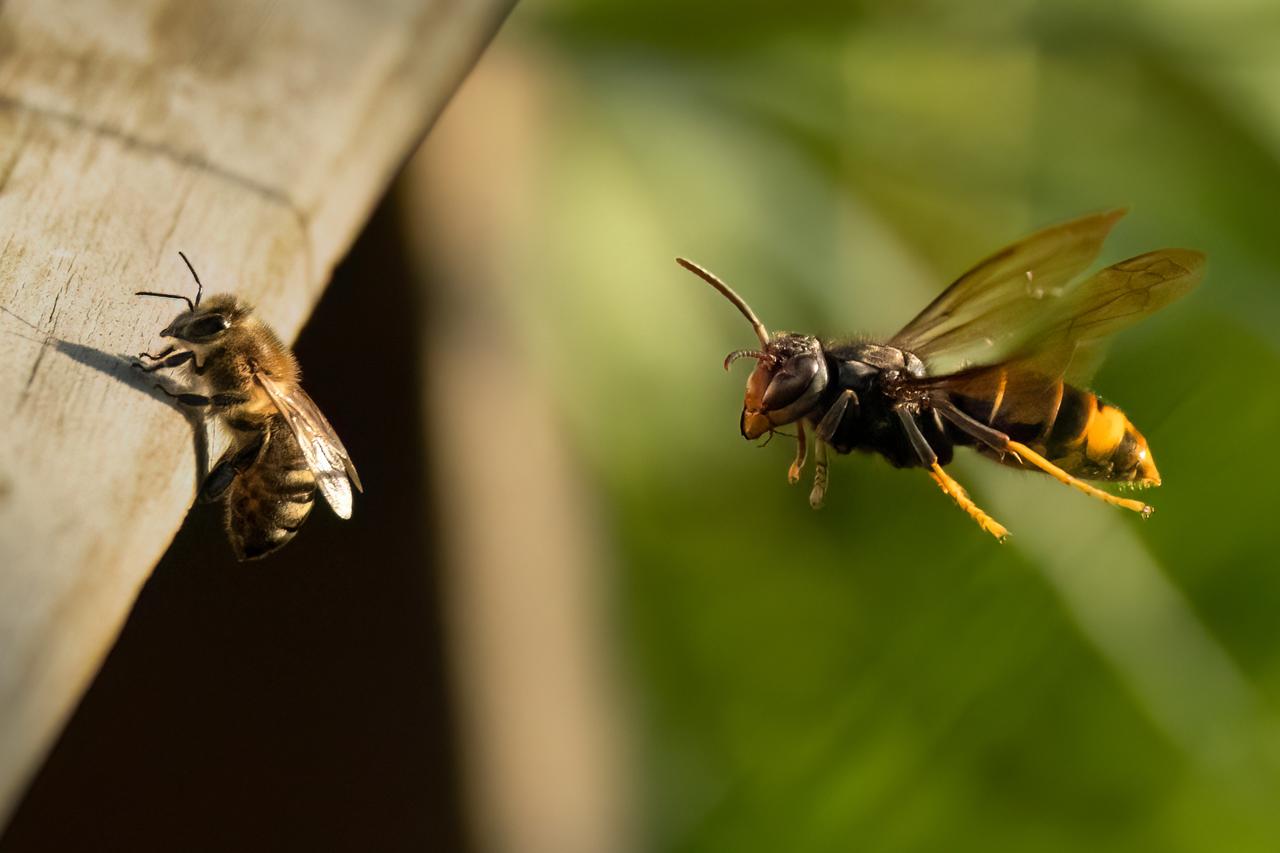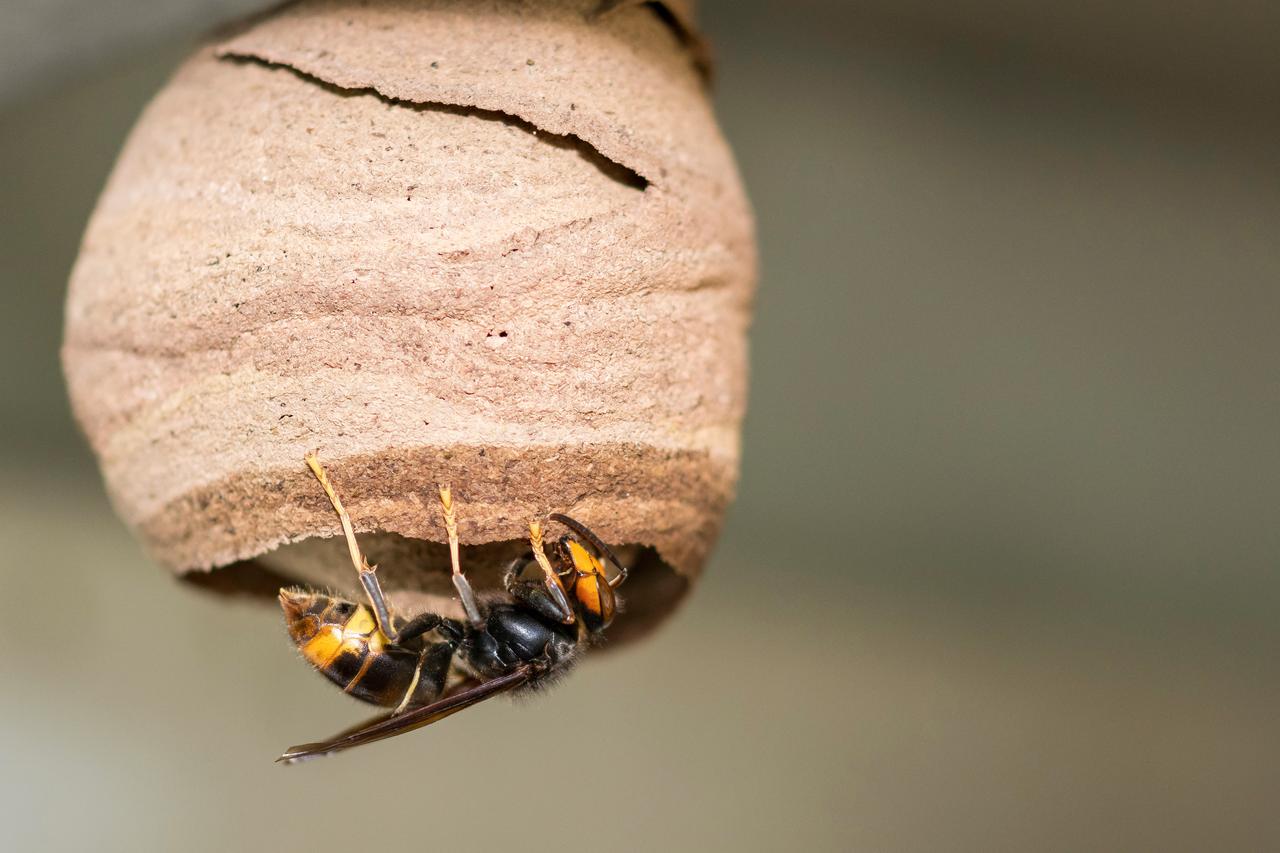
Across Europe, concern is growing over the spread of the Asian hornet (Vespa velutina), a fast-spreading invasive species known for attacking honeybees and other pollinators. The latest alarm was raised in Cork, Ireland, where one of these hornets was recently found and captured.
Authorities responded by issuing a biosecurity alert, warning that even a single nest could cause serious harm to local ecosystems and agriculture. This incident has added to mounting fears that the insect, already established in several European countries, could continue its advance if not quickly contained.
The report of the hornet, captured on August 12, has prompted rapid deployment of response teams, despite initial surveys finding no sign of a nest or broader activity. A specialized taskforce — The Asian Hornet Management Group (AHMG) — is now coordinating surveillance and engaging local communities to detect any further signs.

Researchers at the University of Southampton have discovered that Asian hornets produce a distinctive buzzing sound that could help track and contain the species more effectively. The insects emit a buzz at about 125 hertz, roughly 51 decibels in volume. This tone is noticeably different from the sounds made by European hornets (around 110 hertz) and honeybees (around 210 hertz).
According to The Guardian, this finding could lead to the development of special listening devices to detect nests earlier and more accurately, especially during their peak activity in September and October.
The paper also reports that the U.K. is seeing a rapid increase in sightings — 73 confirmed sightings and 28 nests in 2025 so far, more than double the numbers recorded at the same point in 2024. This spike follows the first recorded overwintering of Asian hornets in the U.K. during 2023–24, raising concerns they may now be able to survive year-round in the country.